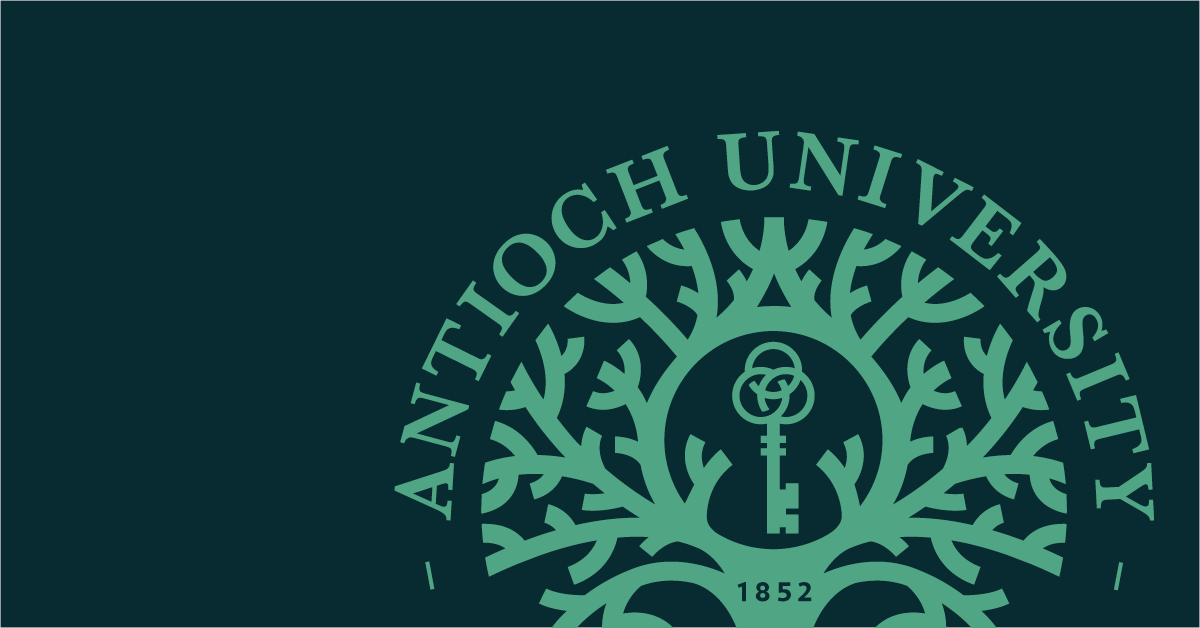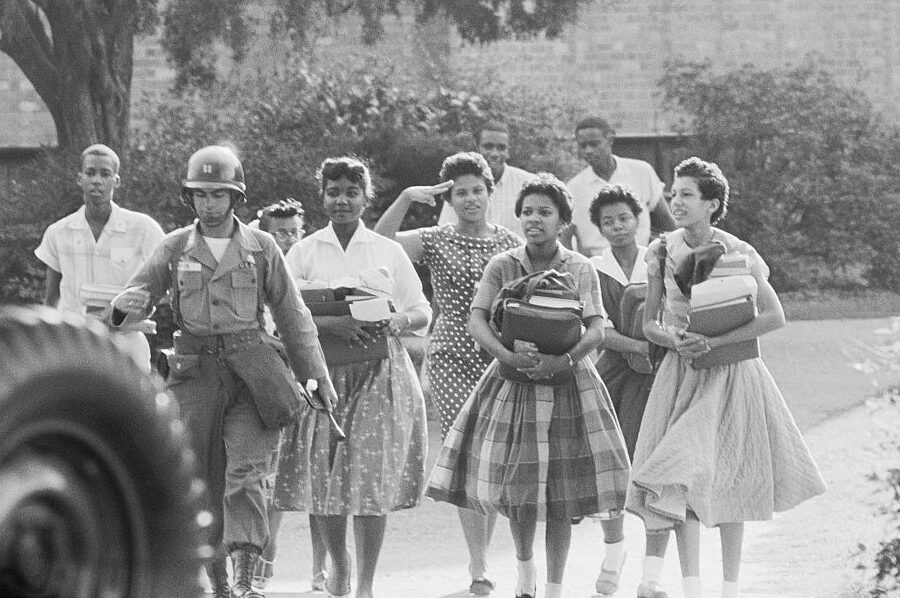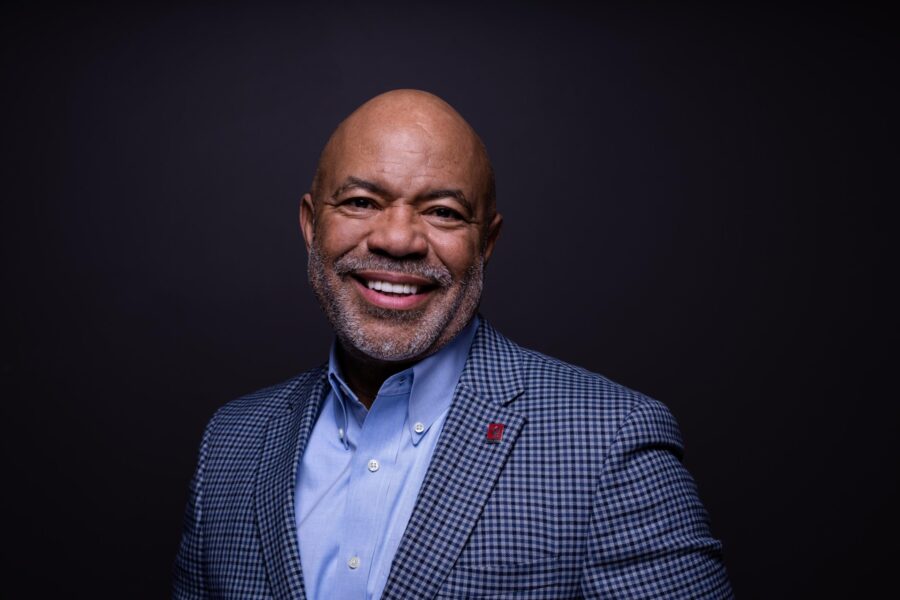Faculty and students from Antioch PsyD programs on both coasts recently attended the virtual National Council of Schools and Programs in Professional Psychology (NCSPP) Conference in January. NCSPP, an organization composed of delegates from many professional psychology programs and schools, aims to seed cutting-edge research and practices across psych grad programs and institutions and to help them stay on top of recent developments and best practices in education and training. This year, Antioch faculty felt the discourse was especially productive, and they were excited to see a collective interest and sense of urgency being directed toward the need to update current training models with regard to key issues such as relationships, professionalism, advocacy, and social justice.
“This was a true ‘working conference’ in which many of us in the training and education world were talking and listening together in workgroups to move the field along,” says Lorraine Mangione, PhD, Professor and Director of Practica in the Department of Clinical Psychology at AUNE. “It was an active, doing kind of conference with so many challenging and interesting ideas juggled around, rather than a conference where one attends to just soak up information.”
Mangione presented on the Relationship Competency, making a case for it to continue to be identified as the necessary foundational competency – the substrate and prerequisite to all other competencies – rather than just one on a list, and to advocate for this in professional training beyond NCSPP. She identifies ‘relationship’ as “the capacity to develop and maintain a constructive working alliance with clients,” which includes the ability to work in collaboration with others. She and her colleagues see an opportunity to revise the models the field currently uses regarding ethical decision-making, moving away from a “rules and regulations” model to develop relational and culturally (diverse & sensitive) attuned models. She was also an invited member of the Professionalism workgroup.
Jude Bergkamp, PhD, AUS PsyD in Clinical Psychology Program Chair and Core Faculty in the School of Applied Psychology, Counseling and Family Therapy was also very busy and involved with the conference. As chair of NCSPP’s of the Ethnic & Racial Diversity Committee (ERDC), he was thrilled to assist the Students of Color Committee (SOCC) in their presentation to a panel of program faculty and administration. Spearheaded by BIPOC doctoral candidates Michelle Martinez, MA, and Claudia Miranda, MA, the SOCC formulated a powerful 10-point list of feedback, which they presented at the 2022 conference as a workshop. This direct feedback was a highly valued contribution to the conference as a source of vital information.
“The voices of doctoral BIPOC students are sparse in existing literature,” says Bergkamp. “This set of organic, candid feedback is unique in that it was formulated by a group not directly affiliated with any one program. It provides a rare lens into the everyday experiences of BIPOC students and reveals the larger dynamics of our delegate programs that can inform systemic change in professional psychology programs nationwide.”
Bergkamp hosted a number of meetings related to his role with the ERDC during the conference, and he was selected to head up a workgroup to revise the NCSPP educational model. He also presented on Decolonial Pedagogy with Melissa Kennedy, PhD, (Clinical Psychology Teaching Faculty at AUS) and students Cynthia Scheiderer and Jack Krizizke from Antioch Seattle’s Decoloniality and Social Privilege Research Lab.
Kathi Borden, PhD, Professor of Clinical Psychology at Antioch New England was also active at the conference. Borden is also Editor of the APA (American Psychological Association) Journal Professional Psychology: Research and Practice. Borden and Roger Peterson, PhD, (also a Professor of Clinical Psychology at AUNE), are past presidents of NCSPP. Peterson was a key architect of the current NCSPP training model. “Both Kathi and Roger hold the history, rationale, the bigger picture, and ideas for moving forward,” says Mangione. Peterson was invited to be an active participant in the conference, particularly around updating the Training Model.
Dr. Borden was also invited to present material about the APA proposal to accredit psychology master’s programs. There are other master’s accrediting groups, but APA would focus on psychology master’s programs that have been left out of counseling master’s accreditation. According to Borden, “there is nothing wrong with this in principle. However, clearly differentiating the scope of practice between doctoral psychologists and master’s practitioners needs to be done with care. The devil is in the details!”
Borden, with representatives from other programs across the nation, was also asked to take a lead in the advocacy, public policy, and social justice group, as was Monique Bowen, PhD, considering whether advocacy should become an expected competency of doctoral psychology graduates. Borden is a long-term APA advocacy coordinator for New England, and agreed with others that doctoral students should develop basic competencies in this area for the good of clients, institutions of higher learning, and the profession, and to advance social justice throughout communities and society. The group will continue to work to describe what this competency area would include.
The conference theme for 2022 was “Rejuvenation: Connecting, Discovering, and Revisioning the Future.” Leading up to the event, NCSPP released a statement with goals for the event. One was to reevaluate the existing NCSPP training model and determine “if there are new elements or dimensions of education and training that would aid us in reaffirming NCSPP’s identity and role in preparing future generations of health service psychologists.” Another was to further past work by participants on the subjects of ethics, professionalism, and the need to expand the social justice emphasis in existing NCSPP documents. The third was to address the advancement of advocacy, public policy, and social justice action competencies in program curriculum and training. According to attendees, the conference delivered on both theme and goals.
“It felt like a strong and vibrant community,” Mangione says, “almost a bit on fire with vision and possibilities.”
The need for antiracist training for mental health professionals and the decolonization of existing curricula is recognized by many students and professionals as essential to the evolution of the field of psychology and mental health, and the active, constructive nature of the conference was an encouraging sign that change is not only happening – Antioch faculty and students are playing crucial roles in bringing it about.



